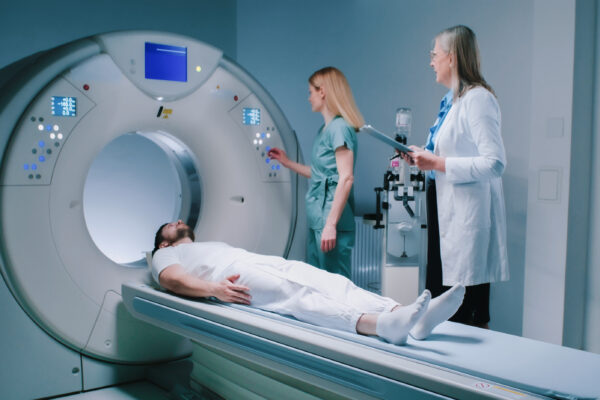New study says PSA testing may have contributed to increase
Cancer is on the rise globally among the under-50s – and prostate cancer, along with nasopharyngeal cancer, is showing the fastest rise. A new worldwide study published in BMJ Oncology shows that early-onset cancer increased by 79% between 1990 and 2019, with prostate cancer showing the second highest estimated annual change, at 2.23%.
However, other cancers showed a more worrying trend in terms of early onset mortality, with kidney and ovarian cancers showing the greatest increase in death rates in the under 50s over the three decades. In total, deaths from early onset cancers increased by nearly 28%.
The authors of the study, who came from the University of Edinburgh in the UK, Zhejiang University School of Medicine in China and collaborators in the US, Sweden and Greece, say that dietary factors (such as a diet high in red meat, low in fruits, high in sodium), alcohol consumption and tobacco use are the main risk factors underlying early-onset cancers.
In the case of prostate cancer, the introduction of PSA screening in developed countries in the 1990s, will have contributed to the increased incidence, they say.
“However, it would be incorrect to solely attribute the entire increase in early-onset prostate cancer since 1986 to PSA screening. Besides advancements in screenings and diagnostics, other possible reasons for variations in health outcomes could be differences in age demographics and the presence of genetic and lifestyle risk factors.”
